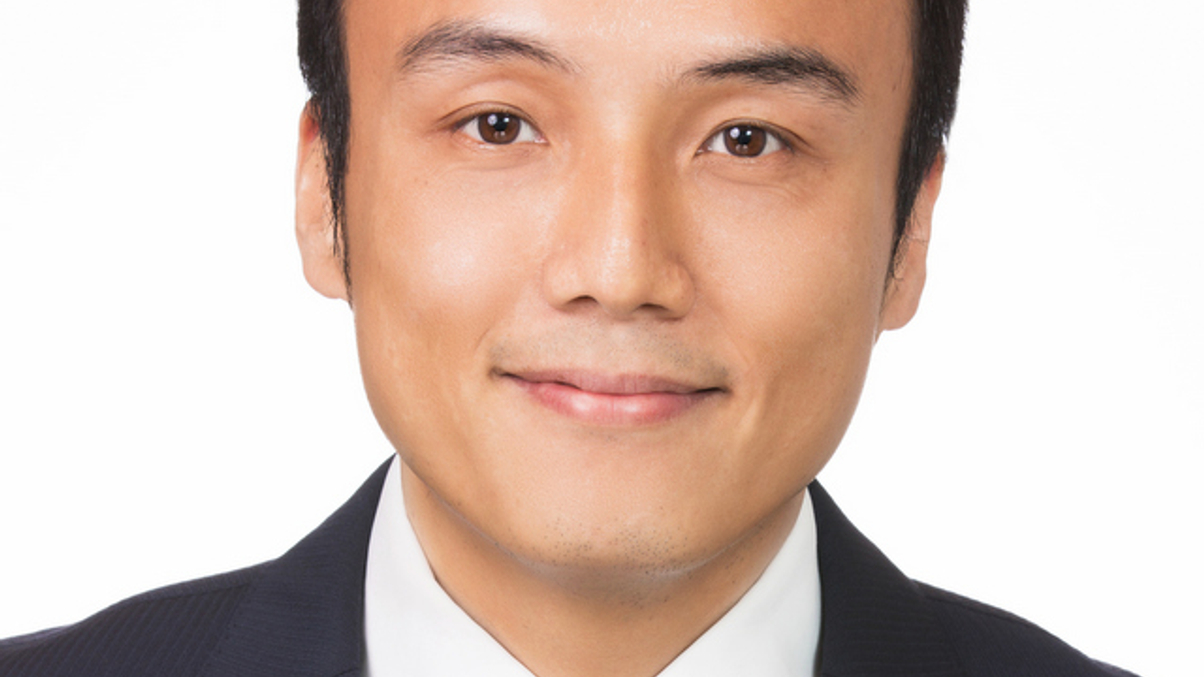It's time to buy Asian stocks, says Noah CIO
India and Vietnam look particularly good value, while Hong Kong is now the cheapest major stock market in the world after Russia, says William Ma of wealth manager Noah Holdings.

Investors should move back into Asian equities via long/short strategies, in light of low price-to-earnings and price-to-book ratios in certain markets, says William Ma, chief investment officer of Shanghai-based wealth manager Noah Holdings.
Sign in to read on!
Registered users get 2 free articles in 30 days.
Subscribers have full unlimited access to AsianInvestor
Not signed up? New users get 2 free articles per month, plus a 7-day unlimited free trial.
¬ Haymarket Media Limited. All rights reserved.


